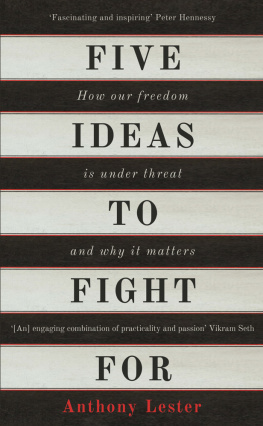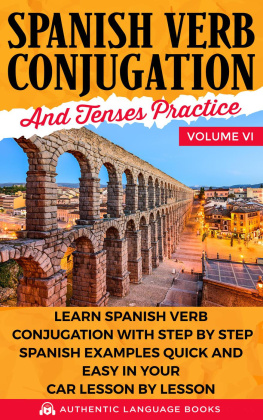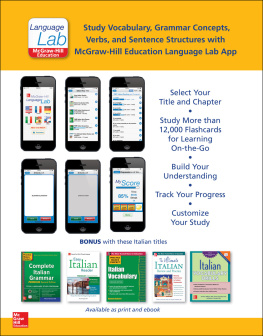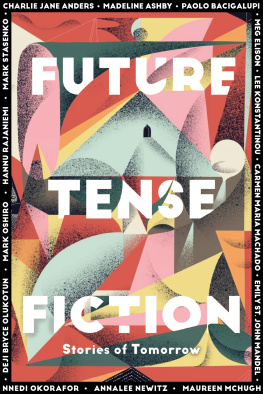Answer key
1 Introduction to stative and dynamic verbs
1.1 . Present tense: I count to 10.
X Present progressive tense: I am counting to 10. OK
Count is a dynamic verb. . Present tense: He hates having to repeat himself.
OK Present progressive tense: He is hating having to repeat himself. XHate is a stative verb. . Present tense: We all hear what we want to hear. OK Present progressive tense: We all are hearing what we want to hear. . .
Present tense: We want to leave after work as soon as we can. OK Present progressive tense: We are wanting to leave after work as soon as we can. XWant is a stative verb. . Present tense: The company expands its product line. X Present progressive tense: The company is expanding its product line.
OK Expand is a dynamic verb. . Present tense: I make a reservation for our trip next week. X Present progressive tense: I am making a reservation for our trip next week. OK Make is a dynamic verb. .
Present tense: Their stock portfolio consists largely of bonds and conservative stocks. OK Present progressive tense: Their stock portfolio is consisting largely of bonds and conservative stocks . XConsist is a stative verb. . Present tense: The publisher reviews her latest book. X Present progressive tense: The publisher is reviewing her latest book.
OK Review is a dynamic verb. . Present tense: John accepts that he is going to have to relocate. OK Present progressive tense: John is accepting that he is going to have to relocate. XAccept is a stative verb. .
Present tense: I know the answer. OK Present progressive tense: I am knowing the answer. XKnow is a stative verb. 1.2 . 1: Cognition and emotion . 3: Ownership and possession . 4: Measurement . 2: Obligation, necessity, and desire . 5: Linking verbs with the meaning of appearance and sense perception . 3: Ownership and possession . 5: Linking verbs with the meaning of appearance and sense perception . 4: Measurement . 1: Cognition and emotion 1.3 . 1: Cognition and emotion 1.3 .
Stative: Nature abhors a vacuum. Category 1: Cognition and emotion . Stative: I suppose that the concert is at 8:00. Category 1: Cognition and emotion . Both verbs are dynamic: John is filling the car with gas while we are getting ready to go. .
Stative: Everyone recognizes the need to keep our costs down. Category 1: Cognition and emotion . Dynamic: They are visiting her parents in Detroit this weekend. . Stative: He deserves better treatment than that! Category 2: Obligation, necessity, and desire . Stative: She belongs to a book club that meets once a month.
Category 3: Ownership and possession . Dynamic: We are selling what we cant take with us when we move. . Stative: This key fits the door to the garage. Category 4: Measurement . 1.4 . 1.4 .
Dynamic: The saw is getting too hot to operate. . Stative: His idea sounds pretty good to me. . Dynamic: The weather is turning bitterly cold with the wind and cloud cover. .
Stative: The pizza looks done. . Stative: I am ready to go whenever you are. . Dynamic: I am becoming more and more optimistic about Aunt Marys recovery. .
Stative: The cloth feels too smooth to be wool. . Stative: His cooking tastes terrible. . Dynamic: The company is becoming a highly successful operation. .
Stative: Uh-oh, the vegetables smell burned.
2 The present tense
2.1 . I cant see you. The light (shine) in my eyes.
is shining The light (shine) against the paintings on the wall.
shines .
The kids (play) in the living room. are playing The kids (play) indoors when it rains. play . The company (publish) my first novel. is publishing The company (publish) works by new authors. publishes .
Bad news always (spread) faster than good news. spreads The news (spread) all over town. is spreading . We (gain) weight as we get older. gain We (gain) weight on this trip. are gaining .
The board (make) the final decision on hiring. makes The board (make) a bad mistake. is making . Conflicts about immigration always (divide) communities. divide The conflict on immigration (divide) the community into factions. is dividing .
The garage always (check) the oil. checks The mechanic (check) the oil now. is checking . John (smile) whenever he thinks about what you said. smiles John (smile) at what you just said. is smiling .
We (walk) every chance we get. walk We (walk) to the park. Want to come along? are walking2.2 . Not OK . OK . OK . Not OK . Not OK . OK . OK . Not OK . OK . OK . Not OK . OK . Not OK . Not OK .
OK 2.3 . OK habitual . OK assertion . Not OK . OK assertion . Not OK . Not OK . Not OK .
OK habitual (also assertion) . Not OK . OK assertion 2.4 . (1) making assertions . (3) commenting on present-time actions . (1) making assertions . (3) commenting on present-time actions . (2) describing habits . (2) describing habits . (1) making assertions . (1) making assertions . (2) describing habits . (3) commenting on present-time actions . (1) making assertions . (2) describing habits . (1) making assertions . (1) making assertions 2.5 . OK . Not OK . OK . Not OK . Not OK . OK . Not OK . OK . OK . OK .
OK 2.6 . If I see him, I will say hello. . Until they save some more money, they will have trouble paying for it. . . .
As soon I get home, I will start dinner. . We will watch a movie after we finish eating. . Once I get my check, I will look for a new apartment. .
The game still will be played, even if it rains . . We will go ahead as planned, even though there are some objections. . Unless there is a problem, we will meet you in Denver tomorrow. .
I will try to visit them next time I go to Phoenix. . (6) . (5) . (4) . (1) . (1) . (2) . (7) . (3) . (1) . (6) . (2) . (3) . (7) . (4)
3 The past tense
3.1 . (4)
3 The past tense
3.1 .
If I were you, I would watch what I ate . . If I were you, I would talk only about what I knew . . If I were you, I would remind them what they agreed to pay. .
If I were you, I would be worried about where I parked my car. . If I were you, I would start working only when I had enough light to see what I was doing. 3.2 . What did you think about it? . Would you join us for lunch? .
Could you stop by my office before you leave? . Would you be free this evening? . Might I make an alternative proposal?
4 The future tense
4.1 . Prediction . Prediction . Intention . Intention .
Prediction . Intention . Prediction . Intention . Prediction . Intention 4.2 .
Everyone stays with friends until the water recedes. Not OK . They move out of the apartment at the end of the month. OK . I wax the car as soon as the water dries. Not OK .
We help the public radio fund-raising program Saturday from noon till 4:00. OK . Loretta presents the keynote at this years conference. OK . They sell their house as soon as they get a reasonable offer. Not OK .
The course covers that material in the last week. OK . Because of global warming, some insurance companies raise their flood insurance rates next year. Not OK . The contractor lays the carpet as soon as he can get the pad installed. Not OK .






